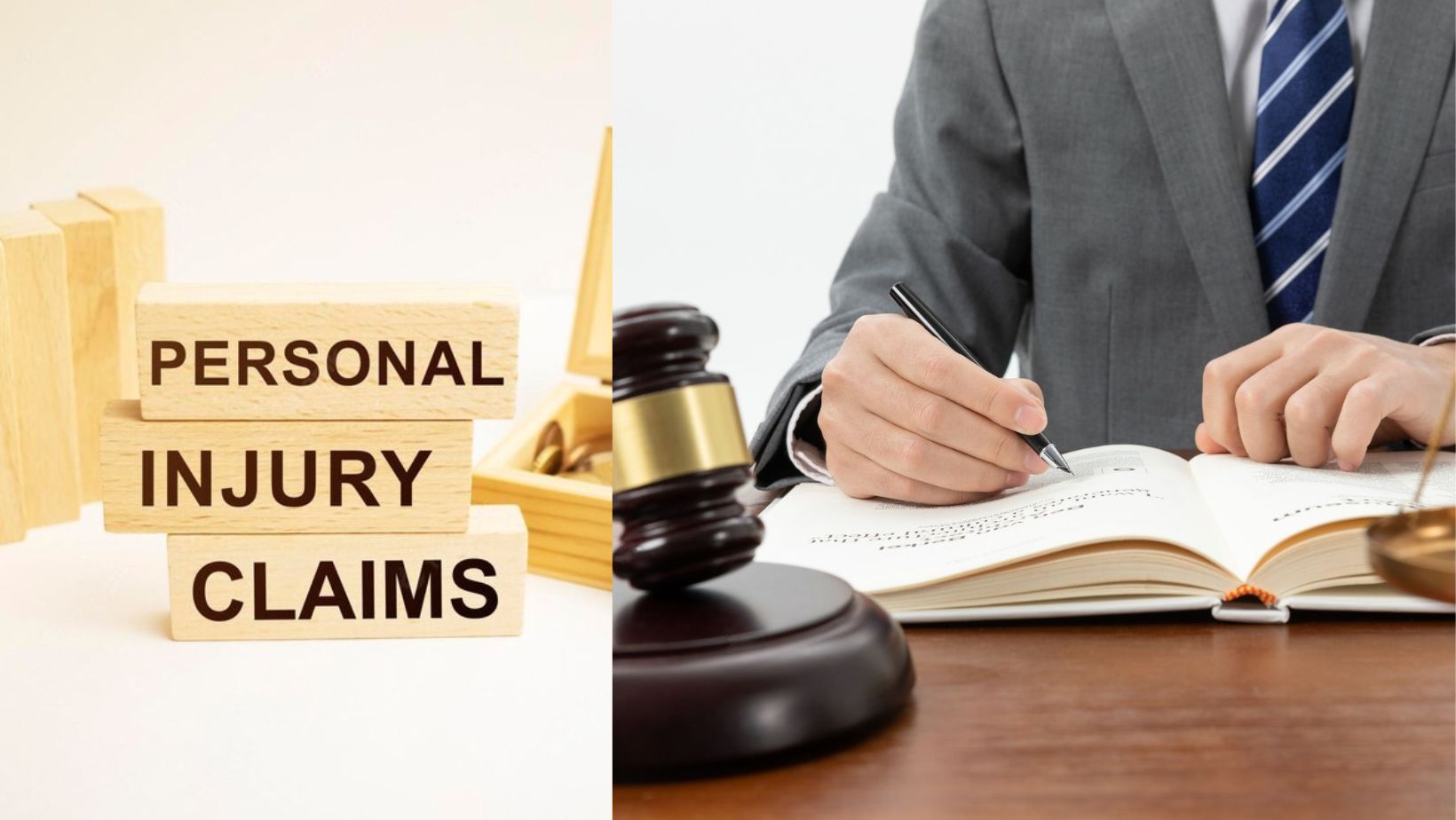
Numerous people suffer from personal injuries brought on by the carelessness of others each year. Determining and proving negligence in a personal injury case is essential to obtaining fair compensation. This article dives deeply into the role of negligence in cases involving personal injuries, assisting you in understanding your legal position in similar situations.
Table of Contents
What is Negligence?
When a person or an entity fails to act with the degree of caution that a reasonable person would have used in the same situation, it is referred to as negligence. The four essential components of negligence in personal injury law are
The way these components interact determines how personal injury cases turn out.
The definition of negligence varies. It can be divided into various categories, each of which has distinct importance and effects on how a personal injury case is assessed and decided.
Instances of Negligence in Personal Injury
Consider cases of medical malpractice, in which a patient is harmed by the negligence of a healthcare provider, or auto accidents, in which a driver’s negligence results in physical harm to a person. Employer negligence is frequently the cause of workplace injuries as well.
Medical malpractice deals with professional negligence in the healthcare industry. The patient, as the plaintiff, must usually prove the following four components for their medical malpractice claim based on negligence to be accepted:
Duty of Care: The healthcare provider owed the patient a duty of care. This obligation arises in healthcare when a healthcare provider treats a patient formally.
Breach of Duty: The medical practitioner disregarded that obligation. Typically, this violation manifests as a decision or a failure to act that a prudent and reasonable healthcare practitioner in the same field would not have made in the same or comparable circumstances. This is often the primary subject matter of a medical malpractice action. Usually, expert testimony is required to demonstrate the standard of care and how it was broken.
Causation: The healthcare provider’s infraction and the patient’s injury must be directly related to one another. If stated differently, the injury would not have occurred if the medical professional had acted differently.
Damages: The patient suffered actual harm or injury due to the negligence. Financial difficulties may include the cost of additional medical care, lost wages, and physical or psychological injury.
Proof of Negligence is Crucial in Personal Injury Cases
Typically, proving negligence is essential to winning a personal injury case and getting just compensation. The legal process can be challenging and time-consuming since it necessitates gathering and presenting a substantial amount of evidence and demonstrating how negligence caused damages.
The majority of people have trouble with things like, how can I prove my case? How are cases involving personal injuries resolved in terms of compensation? What role does the personal injury lawyer play in this case? The answers to these questions will mostly depend on the specifics of your case. Understanding negligence’s role in personal injury cases will facilitate your navigation of the complex legal system. Speaking with a skilled attorney can answer the above questions.


